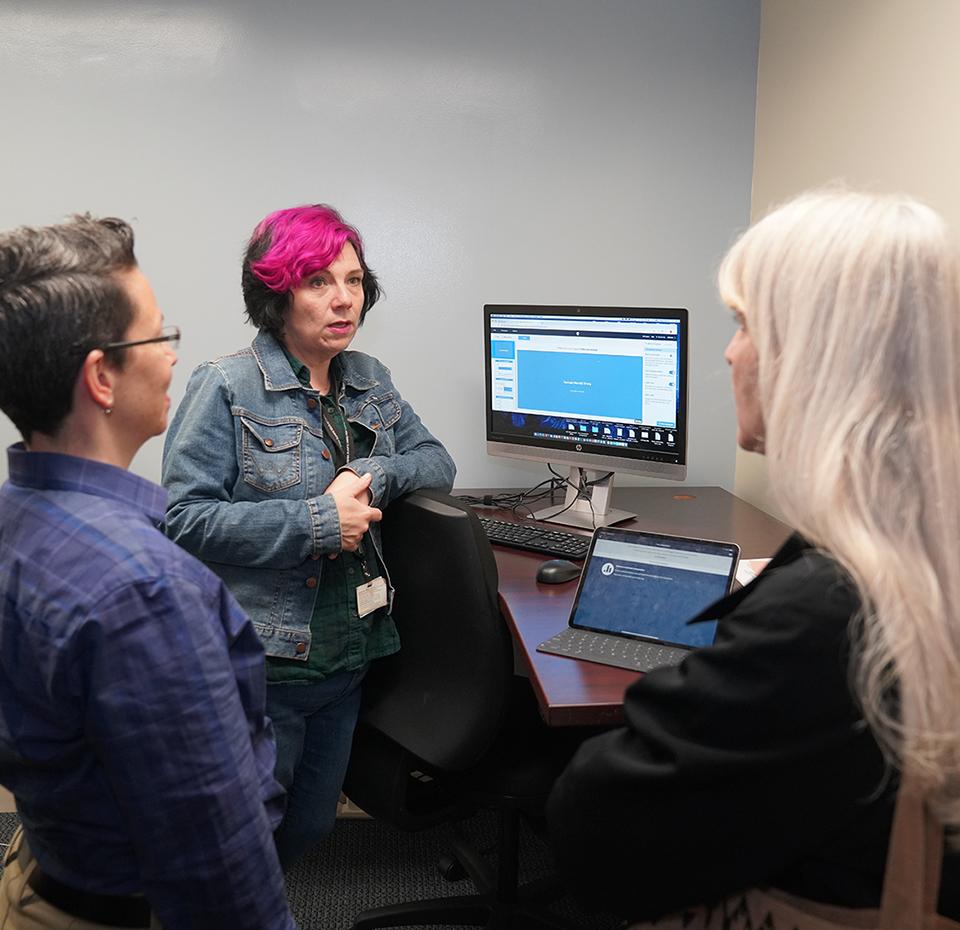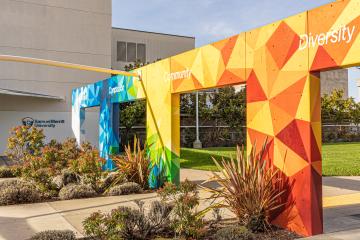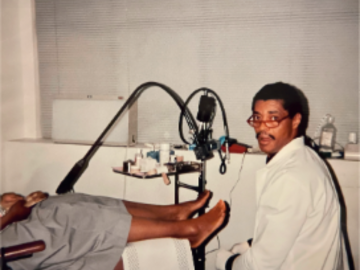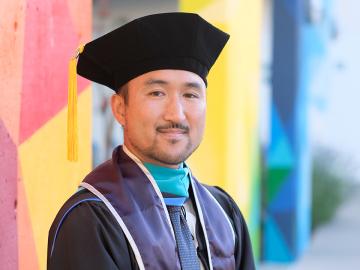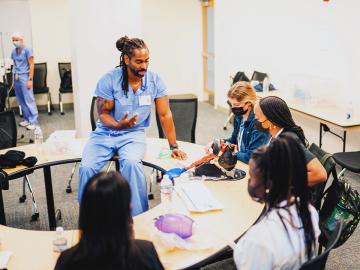Dear SMU Community,
Excited to announce the 2022-2024 Community Reads selection Golem Girl, a memoir by Riva Lehrer (2020). Over the year, you are welcome to participate in shared readings, discussions, and events surrounding this book.
Speakers pending (2023). Intersectionality: Disability and LGBTQ: The lived experience and call for change of healthcare practice.
Focus: Disability Sensitive care with children, adults, families; Disability Culture @ SMU.
For more on this year’s Community Reads: https://samuelmerritt.libguides.com/yourheart
Riva Lehrer (2022). Panel and discussion with author, Riva Lehrer.
James Lebrecht (2022). Viewing & discussion with James Lebrecht, Director, Crip Camp (2020). Rosemary McDonnell-Horita, Asian-American disability rights advocate & educator; Julia Cohen, SMU’s Disability Resource Center (DRC) Director. Moderator: Marjorie Hammer, Asst Professor, College of Nursing.
The book is available for loan at SMU and local libraries in print, electronic, and audible form.
Prior Years' Community Reads Books
2019-2020 Community Reads: The Deepest Well: Healing the Long-Term Effects of Childhood Adversity by Nadine Burke Harris, M.D.
2018-2019 Community Reads: The 57 bus: A true story of two teenagers and the crime that changed their lives & "You're in the Wrong Bathroom" And 20 Other Myths and Misconceptions About Transgender and Gender-Nonconforming People
2016-2018 Community Reads: Five Days at Memorial: Life and Death in a Storm-Ravaged Hospital by Sheri Fink, Ph.D
2015-2016 Community Reads: Fresh Fruit, Broken Bodies: Migrant Workers in the United States by Seth M. Holmes, PhD, MD.
2014-2015 Community Reads: The Immortal Life of Henrietta Lacks
